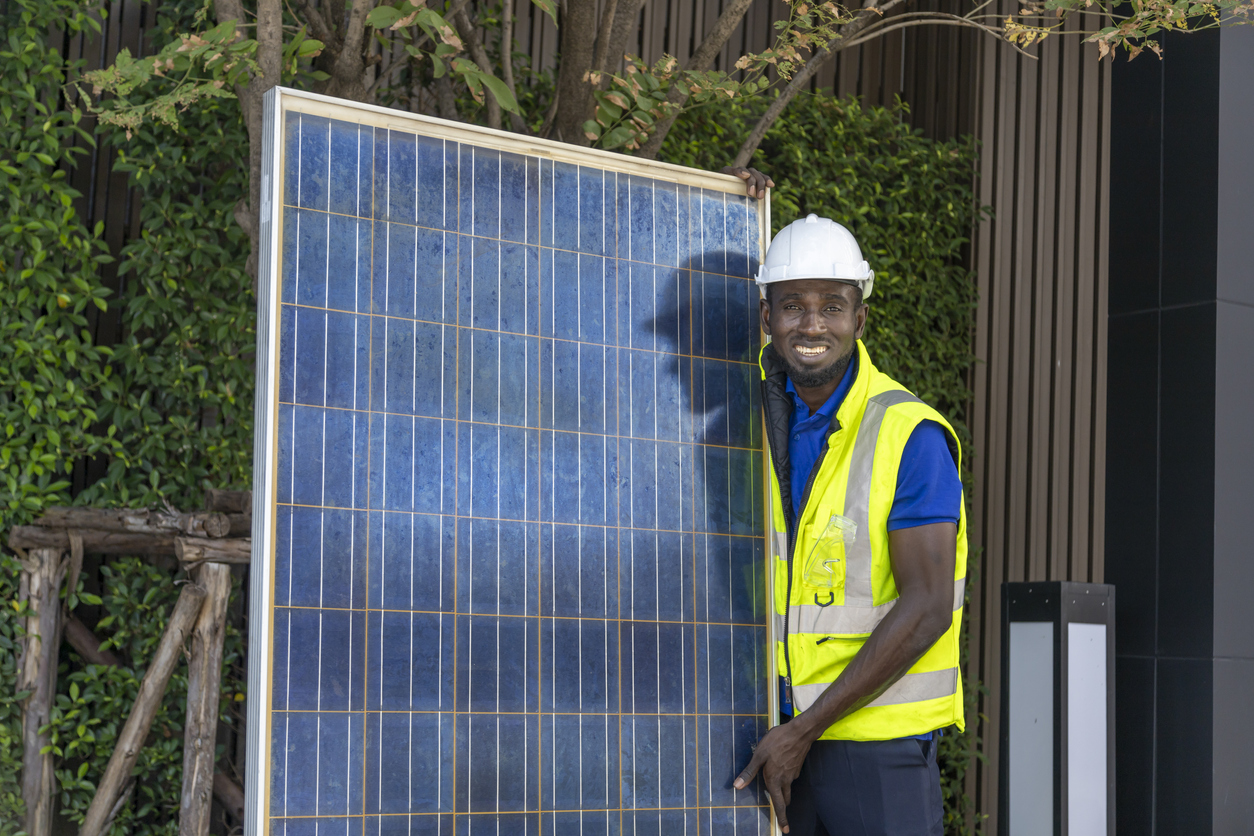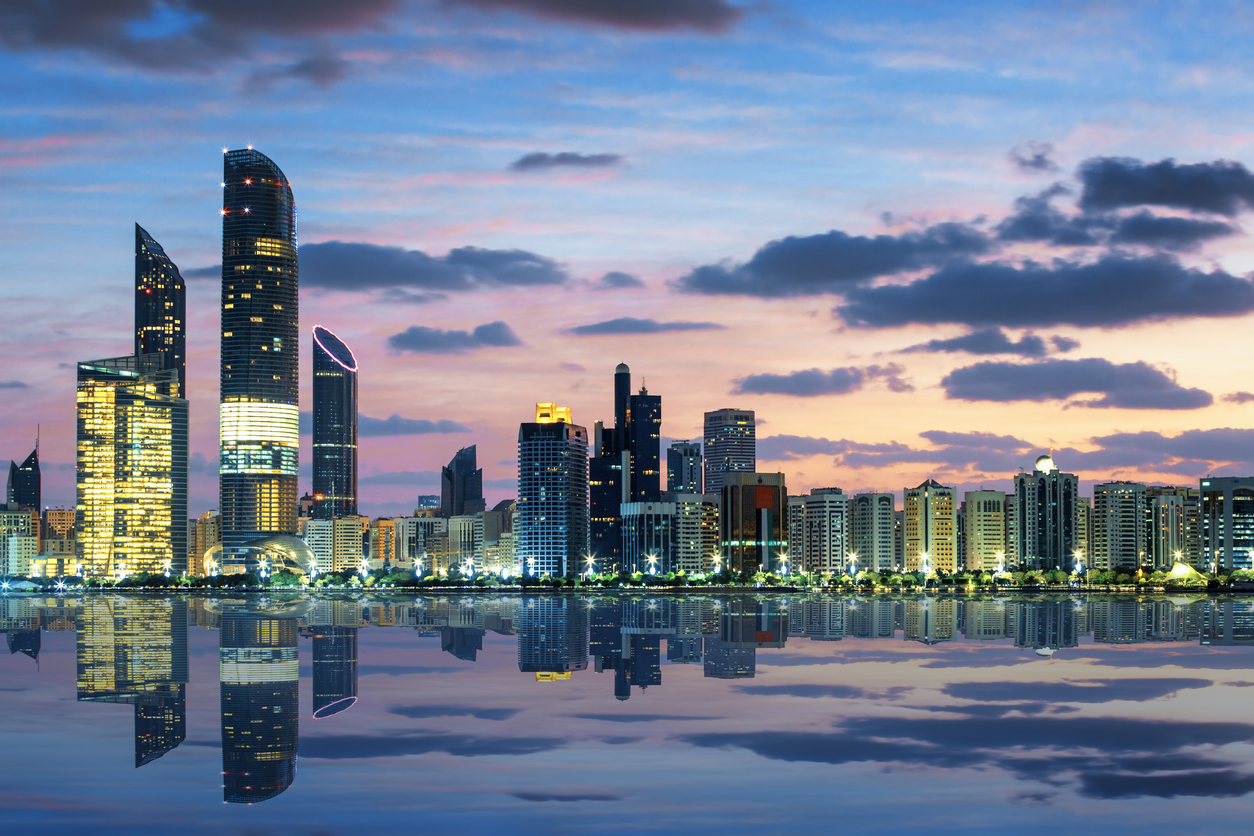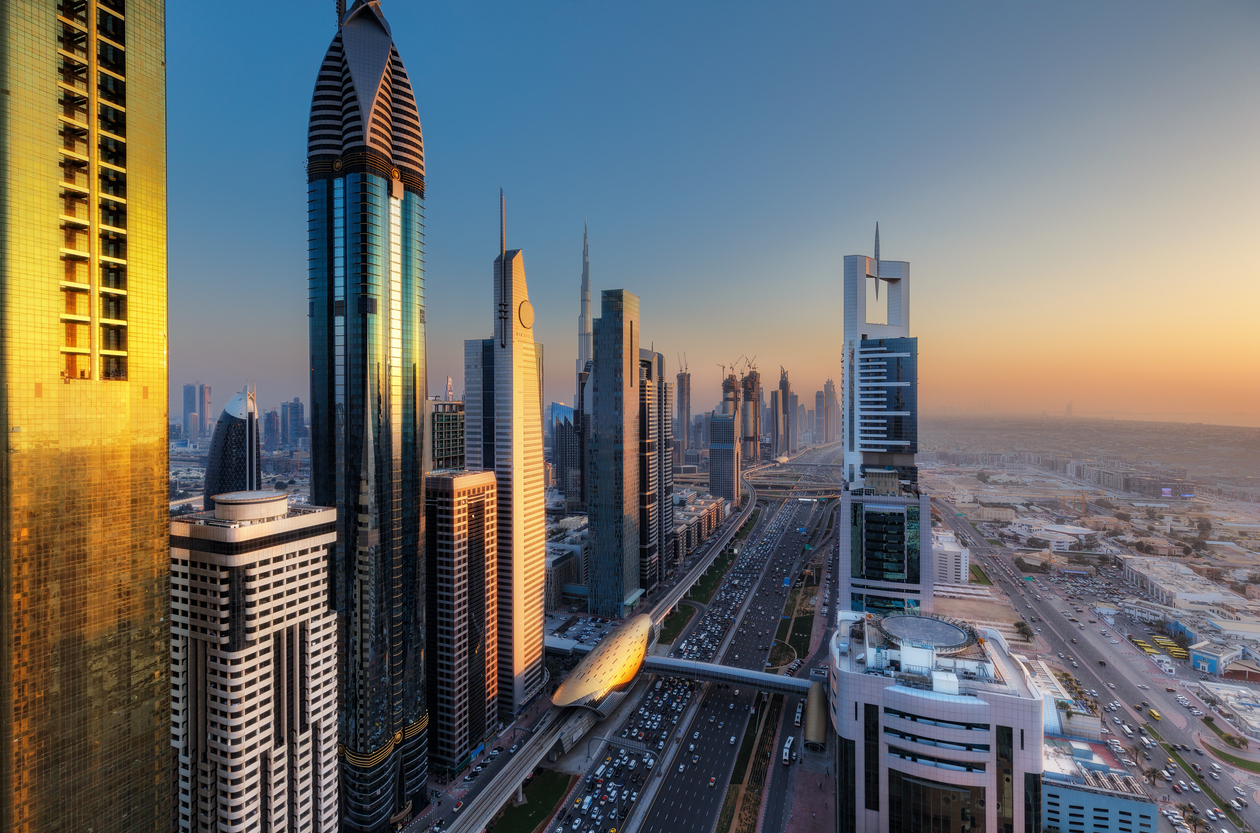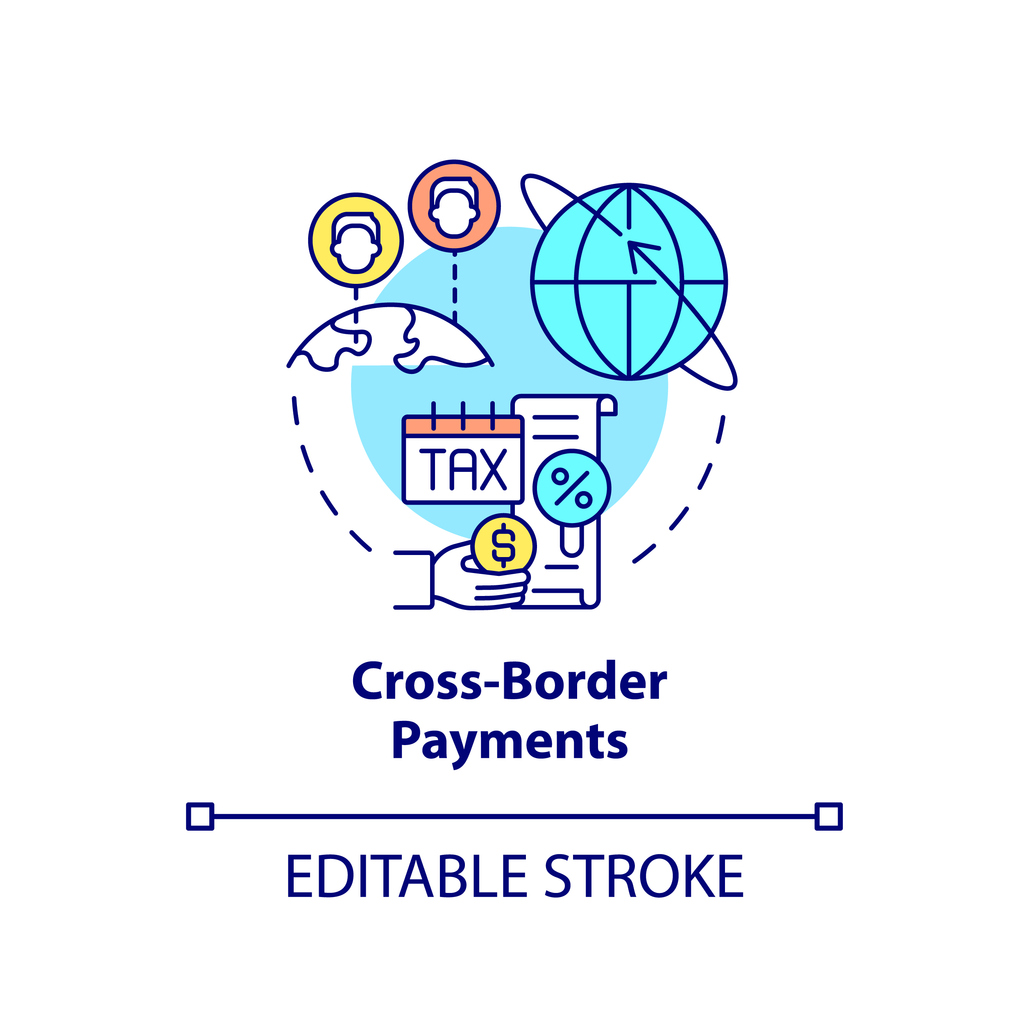An In-depth Look at Solar Panel Prices in Nigeria: What to Expect and Where to Buy
An In-depth Look at Solar Panel Prices in Nigeria: What to Expect and Where to Buy
Solar power is becoming increasingly popular in Nigeria as a renewable source of energy. With the right equipment and installation, it can provide a reliable and cost-effective way to power homes, businesses, and other establishments. But what do solar panel prices in Nigeria look like? In this article, we’ll take an in-depth look at the cost of solar panels in Nigeria, what you should expect when shopping for them, and where you can buy them. We’ll also discuss how to save money on your solar panel purchase and how to make sure you get the best quality for your money. With these tips and insights, you’ll have the information you need to make an informed decision about investing in solar power in Nigeria.
What are the costs of solar panels in Nigeria?
Solar panel prices in Nigeria will depend largely on the model, brand, and capacity you choose. There are a few factors that can also influence the overall cost, like the size of your system and whether you install it yourself or hire a professional. Solar panels are the primary equipment that goes into a solar panel system. While there are other components, like an inverter and wiring, that are necessary for the system to work, the panels are the core element that produces the first energy. That being said, the price of solar panels will be the single largest determining factor of your overall system cost. The cost of solar panels can range from as little as ₦100,000 for a small 5-watt system all the way up to ₦10,000,000+ for a large system that can power an entire home or business. On average, you can expect to pay between ₦500,000 – ₦2,000,000 for an average system.
What to expect when shopping for solar panels in Nigeria
When shopping for solar panels in Nigeria, you’ll want to make sure you choose the right type of panel for your needs. Different panels are designed with different energy outputs and can perform better or worse in different types of environments. It’s also important to consider the size of the installation before you begin shopping. Solar panels come in a variety of sizes, ranging from as little as 5 watts to over 1,000 watts. The size of your system will determine the number of panels you need, and that will affect the total cost of your purchase. Beyond that, there are a few things to keep in mind when shopping for solar panels in Nigeria. First, make sure you purchase high-quality panels that are made by a reputable manufacturer. Poor-quality panels can fail or break down prematurely, leading to additional costs down the road. Beyond that, you should also consider how the panels will be installed. Pre-assembled panels can be helpful, especially if you’re installing the system yourself, but they can also cost more.
The best places to buy solar panels in Nigeria
The best places to buy solar panels in Nigeria will depend largely on the type of panels you choose. If you’re installing a large system that uses panels manufactured in Europe or the U.S., it may make more sense to buy them from a local distributor. If you’re installing a smaller system that uses panels made in Asia, you’ll likely have more options by shopping online. Beyond that, you’ll want to make sure to buy from a reputable seller with a good track record. This will help to ensure you get high-quality panels at a fair price.
How to save money on solar panels in Nigeria
The best way to save money on solar panels in Nigeria is to shop around and compare prices. The solar panel market is relatively new in Nigeria, so you’ll likely find a few different retailers and distributors that offer panels. If possible, try to look at different options to find out what’s available. You can also talk to your friends and family to see if they have any recommendations. Beyond that, you can also take advantage of any applicable rebates or government incentives. Many Nigerian cities offer rebates on solar panel systems. You can also look into financing options to help you pay for your system purchase over time.
What to look for to ensure quality when shopping for solar panels in Nigeria
As we mentioned above, you’ll want to make sure you purchase high-quality solar panels. Here are a few things to look for when shopping for solar panels in Nigeria: – The manufacturer’s warranty – Look for panels that come with a warranty that covers the expected lifespan of the panels. This will ensure you don’t have to pay any unexpected repair or replacement costs down the road. – The panel’s power output – Solar panels are rated based on their power output in watts. The higher the wattage, the more energy the panel will produce. Be sure to choose a model that can produce enough energy to power your system. – The panel’s efficiency rating – Solar panels are also rated based on their efficiency rating. The higher the rating, the more efficient the panel will be. Efficiency ratings run from one to five stars, with five being the best.
Different types of solar panels available in Nigeria
There are a variety of different types of solar panels available in Nigeria. Most solar panels are made of silicon, but you’ll also find some made with other materials like copper. Silicon solar panels are the most common type of solar panel in Nigeria. They’re also the most efficient, with monocrystalline silicon panels generating the highest energy output per square foot. Beyond that, you’ll also find a few other types of solar panels in Nigeria. Investing in a few different types of panels can help you maximize energy production in different areas of your home.
Pros and cons of solar power in Nigeria
Solar panels are a reliable source of renewable energy and can produce a significant amount of energy. Depending on your system, you can expect to produce anywhere from 1,000 to 10,000 kilowatt-hours (kWh) of electricity per year. That’s enough energy to power several household appliances like TVs and computers. Beyond that, solar panels also have a few key advantages over other forms of energy, like fossil fuels. They don’t produce harmful greenhouse gases, and they don’t require a large initial investment. You can also install solar panels yourself to save money. On the downside, solar panels don’t produce as much energy as other forms of energy, like hydroelectric or nuclear plants. They also have a finite lifespan and will have to be replaced at some point.
How to find a reliable solar panel installer in Nigeria
When choosing an installer, you want to make sure they have experience working with solar panels. You should also look for a company with a good track record and positive reviews. Beyond that, you should find an installer that meets your needs. If you have a small system, you may want to look for a company that specializes in micro-grid systems. If you have a larger system, you may also want to consider hiring a contractor that specializes in solar panel installation.
How to get the most out of your solar panel purchase
Once you’ve found an installer and purchased your solar panels in Nigeria, there are a few things you can do to get the most out of your purchase. – Save energy – If you want the panels to produce the most energy possible, you’ll want to make sure you’re using energy as efficiently as possible. This can help you to offset the cost of running your solar panels. – Install a battery – Installing a battery with your panel system can help you store additional energy for later use. This can be especially helpful if you use a lot of energy during the day, when solar panels produce the most energy. – Choose the right size – The size of your system will determine how much energy it produces. Be sure to choose a system size that can produce enough energy for your needs.
Conclusion
Solar power is a reliable and affordable way to power your home or business in Nigeria. But to get the most out of your solar panel purchase, you’ll need to do your research and shop around for the best prices. Beyond that, you’ll also want to make sure








LEAVE A COMMENT
You must be logged in to post a comment.